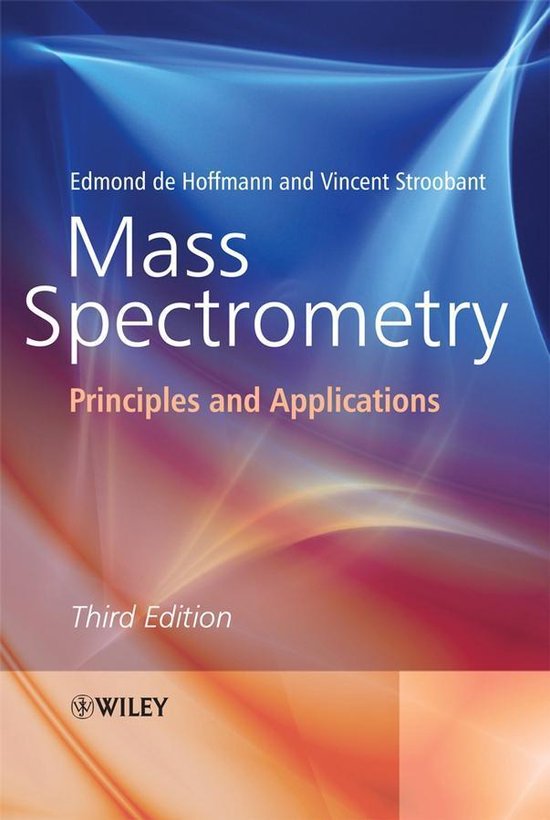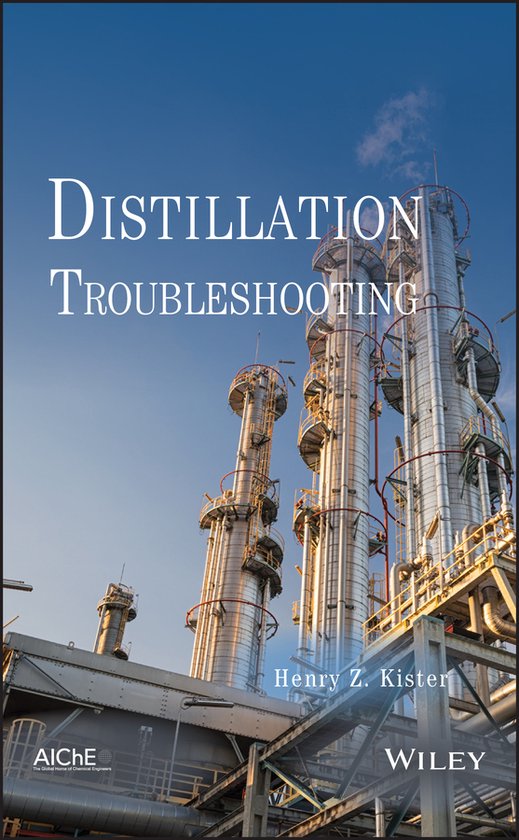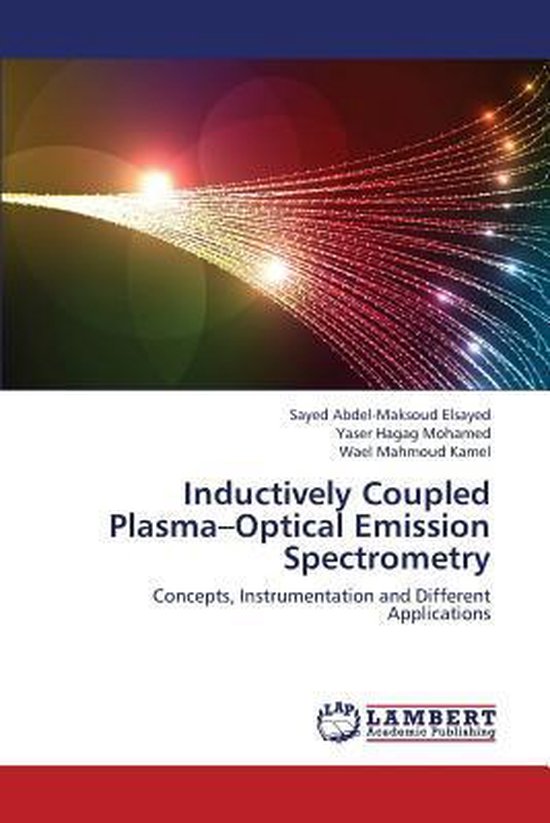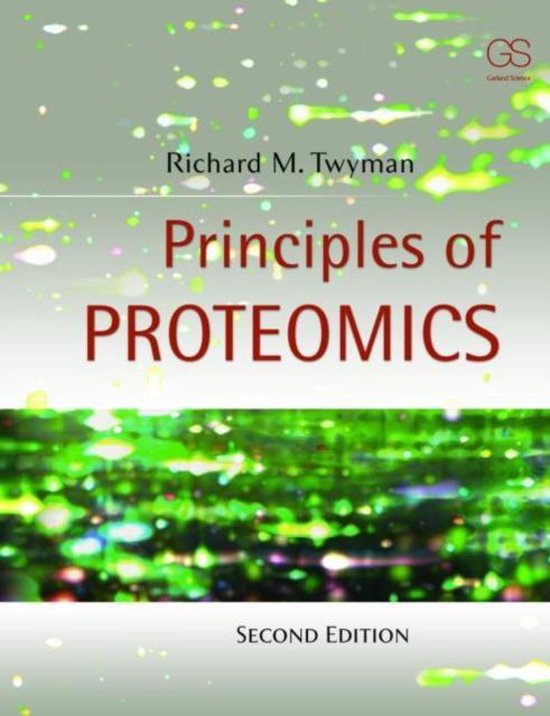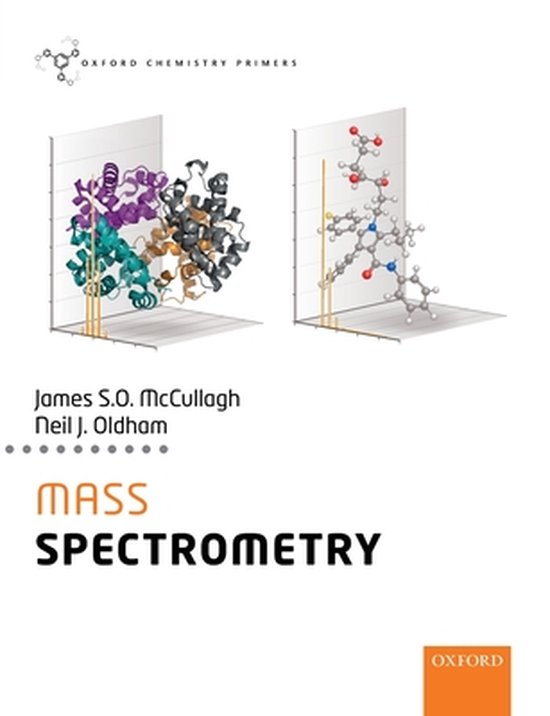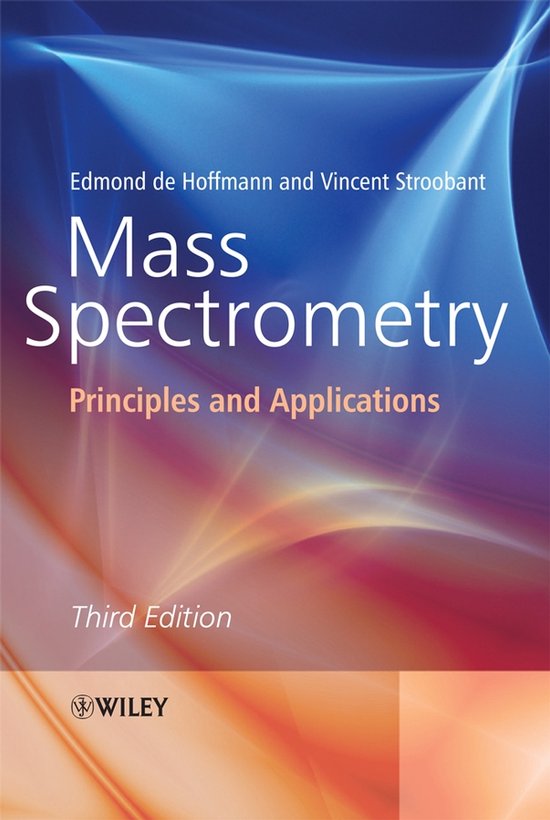
Mass Spectrometry
Mass Spectrometry, Third Edition provides students with a complete overview of the principles, theories and key applications of modern mass spectrometry. Extensively revised and updated, the third edition of this successful textbook focuses on recent developments in techniques and applications. All instrumental aspects of mass spectrometry are clearly and concisely described. Emphasis is placed throughout the text on practical application examples. As with previous editions, it contains numerous tables of useful data, references and a series of exercises of increasing difficulty to encourage student understanding.
- Provides a complete overview of the principles, theories and applications of modern mass spectrometry
- An extensive revision and update including: increased coverage of MALDI and ESI, resolution and mass accuracy and activation of ions
- New material about instruments such as linear traps, Orbitrap, TOF/TOF, hybrid instruments, and about new atmospheric ionisation techniques such as APPI, DESI, DART. The range of applications has been expanded and newer methods such as metabolome are included
- Contains numerous examples and exercises to encourage student understanding
Mass Spectrometry: Principles and Applications, Third Edition will prove invaluable to undergraduates and postgraduates using this technique in departments of chemistry, biochemistry, medicine, pharmacology, agriculture, materials science and food science. It will also appeal to researchers looking for an overview of the latest techniques and developments.
The latest edition of a highly successful textbook, Mass Spectrometry, Third Edition provides students with a complete overview of the principles, theories and key applications of modern mass spectrometry. All instrumental aspects of mass spectrometry are clearly and concisely described: sources, analysers and detectors. Tandem mass spectrometry is introduced early on and then developed in more detail in a later chapter. Emphasis is placed throughout the text on optimal utilisation conditions. Various fragmentation patterns are described together with analytical information that derives from the mass spectra.
This new edition has been thoroughly revised and updated and has been redesigned to give the book a more contemporary look. As with previous editions it contains numerous examples, references and a series of exercises of increasing difficulty to encourage student understanding. Updates include: Increased coverage of MALDI and ESI, more detailed description of time of flight spectrometers, new material on isotope ratio mass spectrometry, and an expanded range of applications.
Mass Spectrometry, Third Edition is an invaluable resource for all undergraduate and postgraduate students using this technique in departments of chemistry, biochemistry, medicine, pharmacology, agriculture, material science and food science. It is also of interest for researchers looking for an overview of the latest techniques and developments.
| Auteur | | Edmond De Hoffmann |
| Taal | | Engels |
| Type | | Paperback |
| Categorie | | Wetenschap & Natuur |
